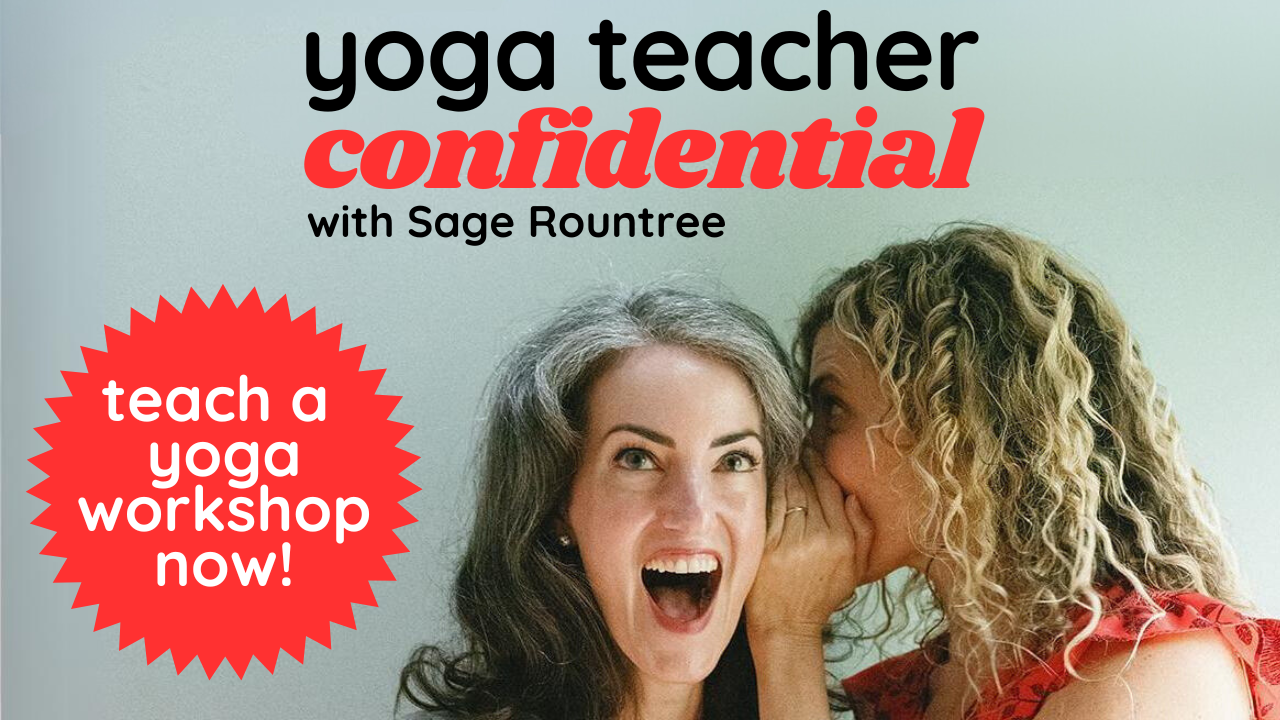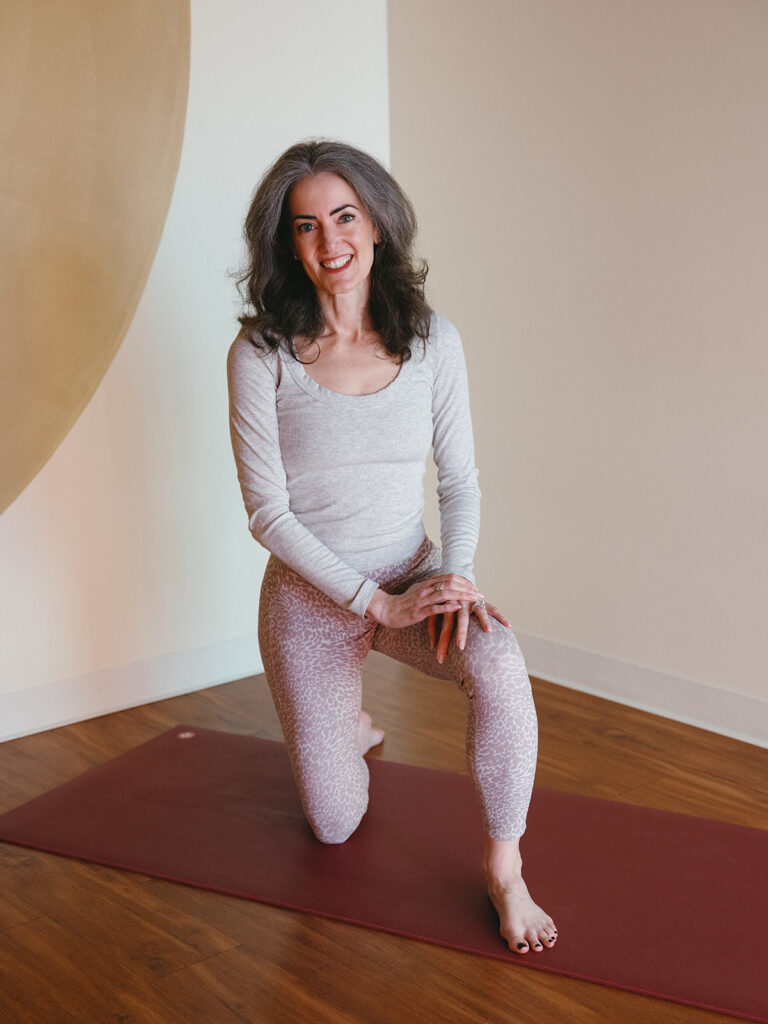Most yoga teachers delay teaching their first workshop, believing they need more experience or expertise. But leading a workshop can be a game-changer—not just for your students, but for your growth as a teacher. If you’ve just completed your 200-hour training, workshops are a fantastic next step. Let’s explore why.
workshops offer depth and focus
In a workshop, you’re not just running through a general class sequence. You have the opportunity to focus on one specific problem and provide tailored solutions through yoga. Whether it’s guiding students into a handstand, helping caregivers carve out self-care time, or relieving tightness in athletes, workshops allow you to zero in and make a meaningful impact.
And here’s the best part: workshops go beyond the mat. They often incorporate journaling, discussions, or mindfulness practices that bring fresh perspectives and deeper connections.
your fresh perspective is a strength
Newer teachers often feel like they lack the gravitas or experience to lead workshops. But your enthusiasm and relatability can be your superpower. You’ve likely just solved personal challenges with yoga, making your insights incredibly relevant to others. Plus, workshops help you refine your niche and build confidence quickly because they allow you to teach what you’re most passionate about in a concentrated, impactful way.
test, refine, and grow your ideas
Workshops are low commitment for both you and your students. You’re not asking for a long-term time slot or commitment; it’s a one-off opportunity to test ideas. The insights you gain from these sessions can inspire future offerings, deepen your expertise, and even lead to unexpected career breakthroughs.
For example, my early workshops teaching yoga to athletes helped me build a library of content that became the foundation of my first book deal. Your workshops could similarly open doors to writing, online courses, or other ventures.
workshops aren’t limited to the studio
Don’t box yourself into the idea that workshops are in-person, weekend-only events. Think creatively:
- Online workshops via live or recorded video
- Private podcast episodes for niche audiences
- Asynchronous video series for students to access on demand
These formats meet students where they are, making yoga more accessible while expanding your reach and income potential.
workshops create impact that lasts
Think of workshops as feature films compared to the sitcom vibe of weekly classes. In a workshop, you can tell a complete story: introduce a problem, explore solutions, and guide students toward their resolution. Your students leave with tools they can use in their daily lives, creating lasting impact—and likely becoming regulars in your other classes and offerings.
lessons from my journey
When I started teaching workshops, I focused on yoga for athletes. My niche was clear, and I quickly became known as an expert in this area. Of course, not every workshop was perfect—like the time a participant critiqued my session for lacking clarity. That feedback stung but ultimately shaped how I structure my workshops today, ensuring clear takeaways and actionable next steps. (I talk about this in this episode!)
how to start teaching workshops
Ready to design your own workshop? Here’s how:
1. Solve a specific problem: Identify a niche topic your students care about.
2. Create clear takeaways: Provide handouts, recordings, or action steps to help students integrate what they learn.
3. Gather feedback: Use feedback forms to iterate and improve each time you teach.
For a deeper dive, grab my free 5-lesson email course, or check out my Workshop Workbook—a step-by-step guide to planning, promoting, and refining your yoga workshops.
hear more
Listen to S1E10 of Yoga Teacher Confidential to hear more!


